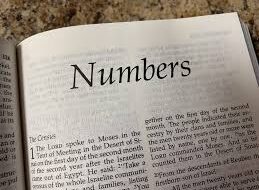Tag Archives: for christians
Full Health Interview I talk about the Bible Shalom and Peace
by tlmadmin on September 27, 2023 in with No Comments
Full Health Interview I talk about the Bible Shalom and Peace
Torah Reading Deuteronomy 16:18-17:20
by tlmadmin on August 14, 2023 in with No Comments
Torah Reading Deuteronomy 16:18-17:20
Torah Reading Deuteronomy 3:1-22
by tlmadmin on July 26, 2023 in with No Comments
Torah Reading Deuteronomy 1-22
Torah Reading Numbers 25 & 26
by tlmadmin on July 03, 2023 in with No Comments
Torah Reading Numbers 25 & 26
Why do believers in Yeshua suffer?
by tlmadmin on June 02, 2023 in with No Comments
Here is a video to learn more about Valasta Astaxanthin and the order links below https://www.youtube.com/watch?v=VUp7TKDa5lI&t=9s
Order Astaxanthin by Valasta at this link:
Medium
https://www.rawlife.com/valasta-liquid-astaxanthin-50ml-
Large (Double size, best value)
https://www.rawlife.com/valasta-liquid-astaxanthin-100ml
Get 10% if you are a member of
https://www.rawlifehealthshow.com/
Leviticus 26 Torah Reading
by tlmadmin on May 08, 2023 in with No Comments
Leviticus 26 Torah Reading
Leviticus 19 Torah Reading
by tlmadmin on April 26, 2023 in with No Comments
Leviticus 19 Torah Reading








